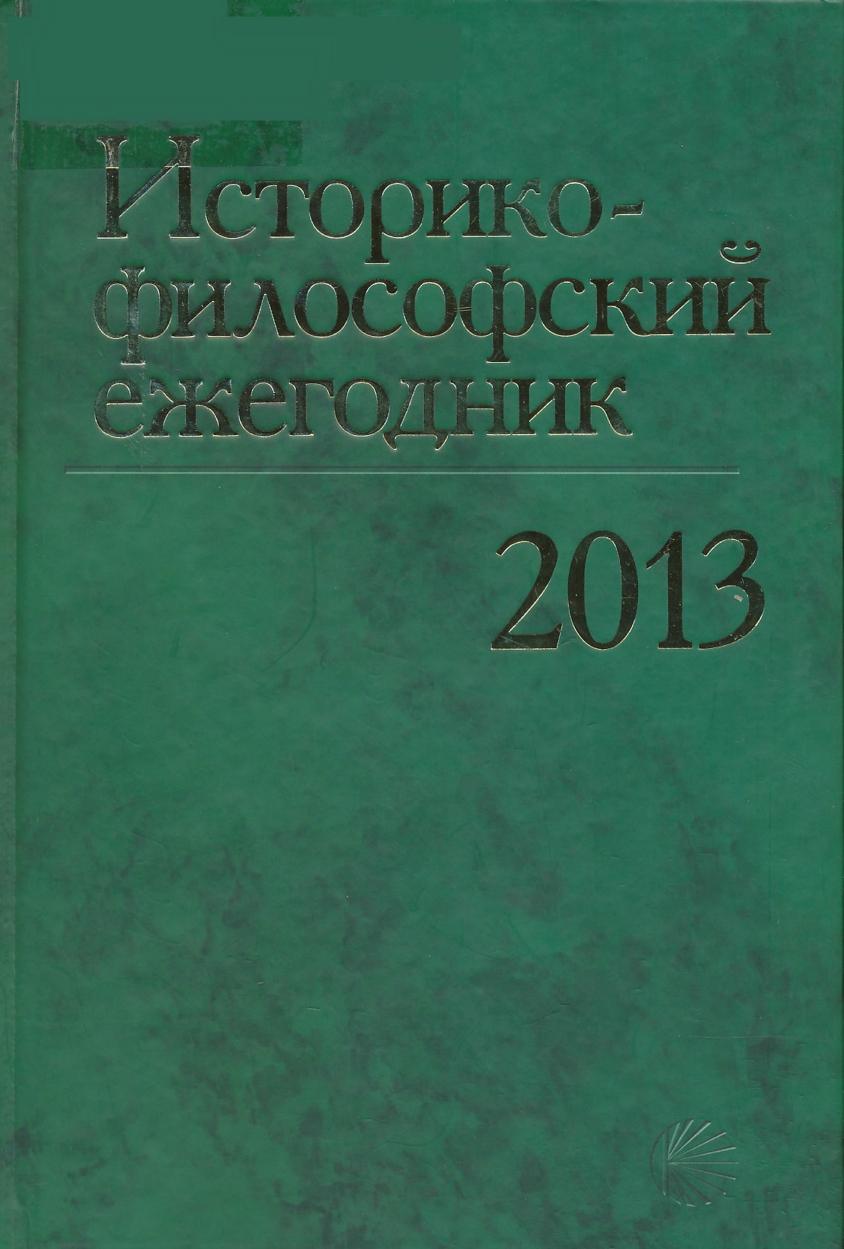Some Ideas to the Understanding of “Good” in Ancient Chinese Philosophy
Keywords:
ancient Chinese philosophy, good, comparative, agathology, shan de.Abstract
The article discusses the question of what could be an equivalent to the concept of “good”in ancient Chinese philosophy. The meanings of “good” in European philosophy are usually fused and can even be considered essentially interrelated. At least three main interpretations of “good” are (1) perfection (good qualities, serviceability, capability, etc.), (2) an end/goal in itself and (3) one of the names or the manifestation of the ultimate cause of being. In ancient Chinese philosophy these meanings are expressed not by a single word, but by (at least) three separate terminologically fixed words. The first understanding ofthe Western “good” is mainly contributed to the term shan (usually translated as “good/goodness”), the second is reflected by the term yi (usually translated as “duty/justice”). Non-complete equivalent of the third meaning can be seen in de (usually translated as “grace/virtue”).

